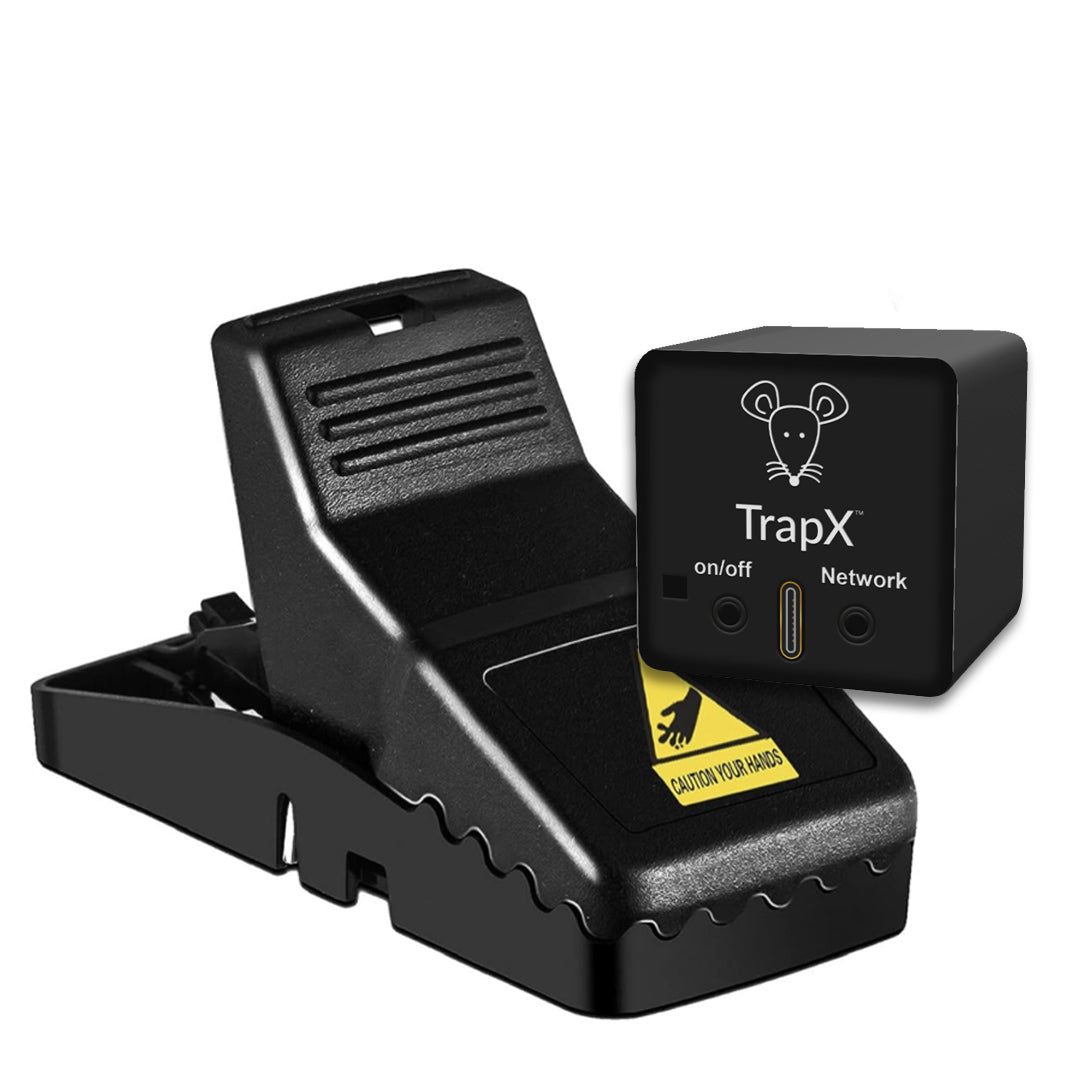How to Free a Mouse from a Glue Trap: A Step-by-Step Guide
Share
Have you ever found a mouse stuck in a glue trap and wondered how to free it without causing harm? In this article, we will provide you with a step-by-step guide on how to safely release a mouse from a glue trap. We understand that it can be distressing to see a small creature in distress, and we aim to help you handle the situation with compassion and care.

The Dilemma of Glue Traps
Glue traps are commonly used to catch mice and other small pests. While they may be effective in capturing the rodents, they often lead to a cruel and inhumane situation. When a mouse gets stuck in a glue trap, it can suffer greatly. Its fur, skin, and even limbs can become entangled in the sticky substance, causing extreme distress and pain.
As compassionate individuals, it is important for us to find ways to free the mouse from the trap without causing further harm. By following the steps outlined in this guide, you can safely release the mouse and give it a chance to escape and continue its life in the wild.

Step 1: Gather Your Supplies
Before attempting to free the mouse, it is important to gather the necessary supplies. Here's what you'll need:
- Gloves: To protect your hands from the sticky glue and any potential bites or scratches from the mouse.
- Vegetable oil or cooking spray: This will help to loosen the glue and make it easier to remove the mouse.
- A small container or box: To temporarily house the mouse after it is freed from the trap.
- Scissors or a knife: To carefully cut away any excess glue that may be stuck to the mouse.
- A towel or cloth: To gently handle the mouse and provide a sense of security.

Step 2: Approach the Mouse with Care
Once you have gathered your supplies, approach the mouse with caution. It is important to remember that the mouse is likely to be frightened and may attempt to bite or scratch in self-defense. Put on your gloves to protect your hands and slowly approach the mouse.
Try to remain calm and speak softly to the mouse to help reassure it. Avoid making sudden movements or loud noises that could startle the mouse further. Remember, your goal is to help the mouse, not to cause it further distress.
Step 3: Apply Vegetable Oil or Cooking Spray
Using a cotton swab or a small brush, apply a generous amount of vegetable oil or cooking spray to the areas where the mouse is stuck. The oil will help to loosen the glue and make it easier to remove the mouse without causing harm.
Be careful not to apply too much pressure or force when applying the oil, as this could cause additional stress or injury to the mouse. Gently work the oil into the glue, allowing it to penetrate and weaken the adhesive.
Step 4: Slowly and Carefully Remove the Mouse
Once the glue has been sufficiently loosened, slowly and carefully begin to remove the mouse from the trap. Start by gently lifting one side of the mouse's body, using your fingers or a cloth. Be mindful of any areas where the mouse may be particularly stuck or entangled in the glue.
If you encounter any resistance or the mouse seems to be in pain, stop immediately and reapply more oil to the affected areas. It may take some time and patience to fully free the mouse from the trap, so be prepared to take breaks and proceed slowly.
Step 5: Cut Away Excess Glue
After the mouse has been successfully removed from the trap, carefully inspect its fur and body for any remaining glue. Using scissors or a knife, gently cut away any excess glue that may still be stuck to the mouse.
Take extra care when using sharp objects near the mouse to avoid causing any injuries. If you are unsure or uncomfortable using scissors or a knife, it is best to seek assistance from a professional or someone experienced in animal rescue.
Step 6: Provide Temporary Shelter
Once the mouse has been freed from the glue trap and any excess glue has been removed, it is important to provide it with temporary shelter. Place the mouse in a small container or box lined with soft bedding, such as a towel or cloth.
Ensure that the container has adequate ventilation and is secure, so the mouse cannot escape. Place the container in a quiet and safe area away from any potential predators or hazards.
Step 7: Release the Mouse
After the mouse has had some time to rest and recover, it is time to release it back into the wild. Choose a suitable location away from your home or any areas where it may be at risk of getting caught in another trap.
Open the container or box in a quiet and secluded area, allowing the mouse to exit at its own pace. Avoid handling or touching the mouse during this process, as it may cause unnecessary stress or hinder its ability to navigate its surroundings.
Watch as the mouse scurries away, grateful for its newfound freedom. Knowing that you have played a role in saving a small life can be a truly rewarding experience.
Conclusion
Freeing a mouse from a glue trap requires patience, compassion, and a gentle touch. By following the steps outlined in this guide, you can ensure that the mouse is released safely and given a chance to continue its life in the wild. Remember, it is important to use humane methods when dealing with pests and to always consider the well-being of all living creatures.
Jan18.chat.1pass.general public.how to free a mouse from a glue trapAs an Amazon Associate, I earn from qualifying purchases.
